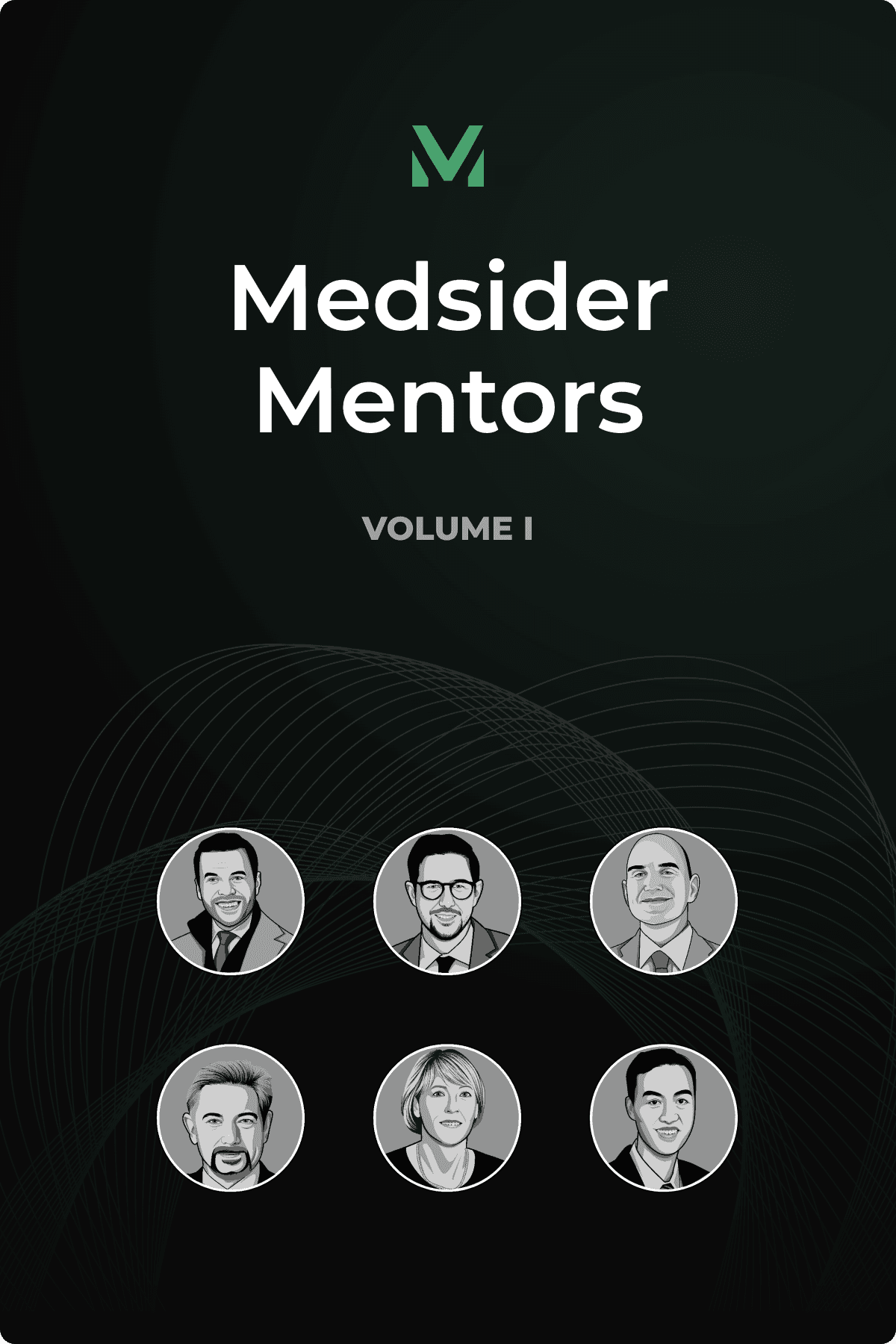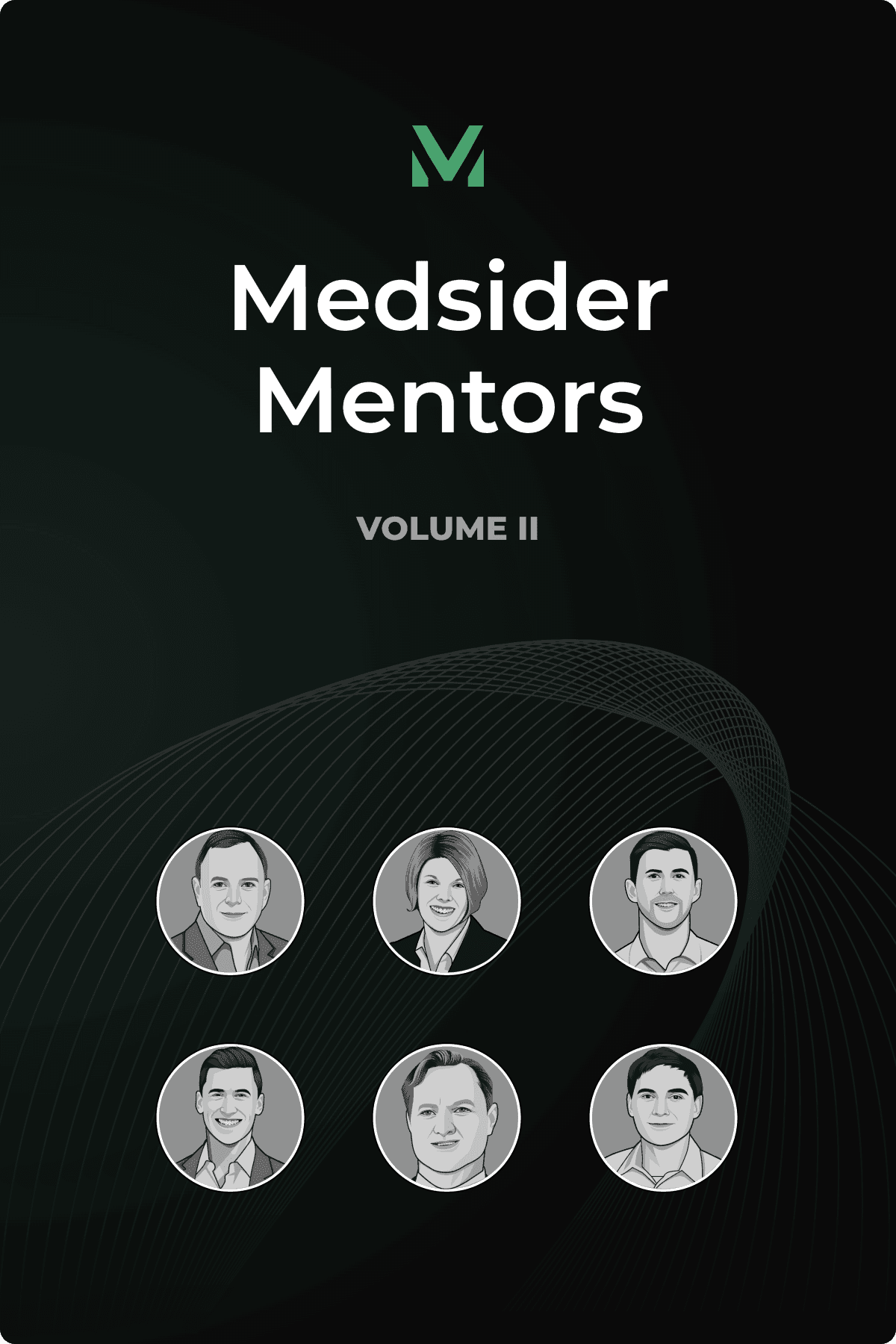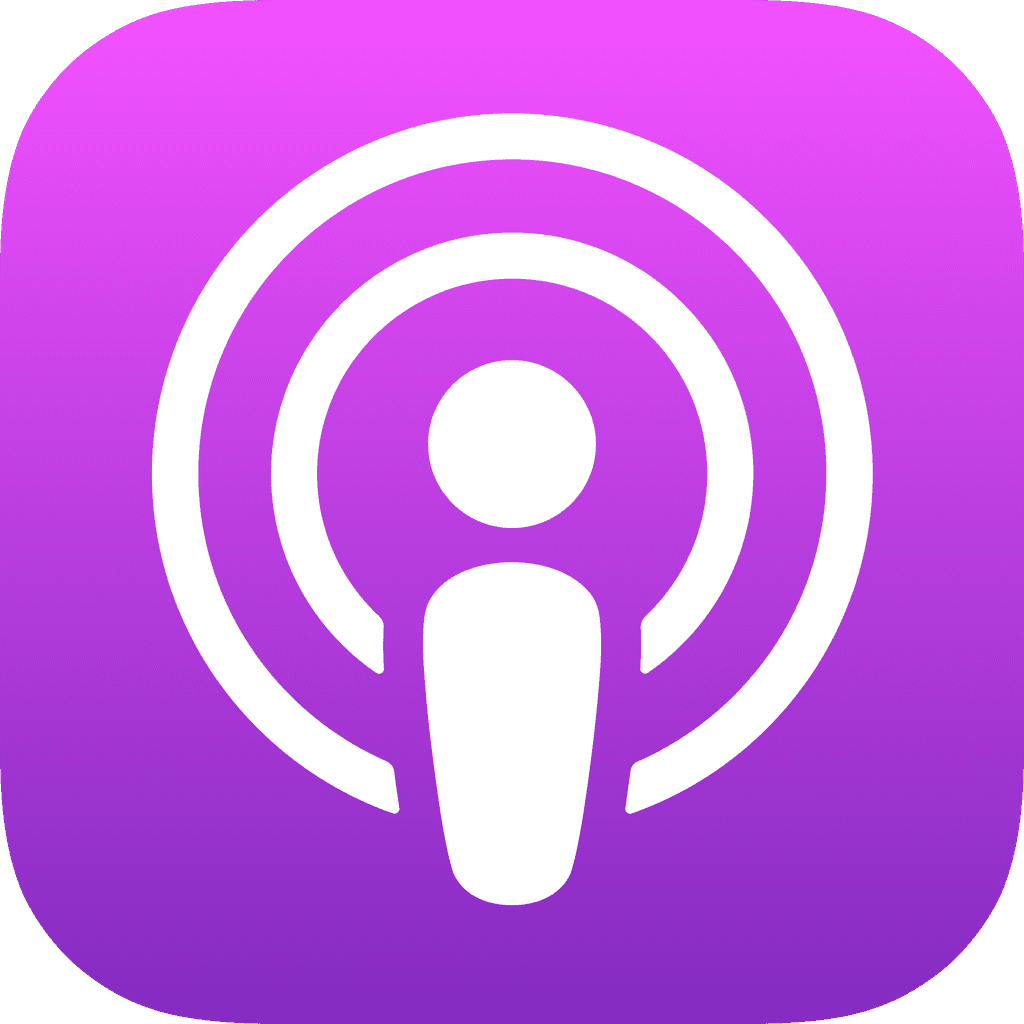How to Align Goals in an Interconnected Healthcare Ecosystem
Interview with Dr. Meesha Dogan, CEO and Co-Founder of Cardio Diagnostics

Dr. Meesha Dogan, the CEO and co-founder of Cardio Diagnostics, comes from a family with a two-generation history of heart disease.
Having spent extensive periods interacting with people affected by heart ailments, Meesha co-founded Cardio Diagnostics, a precision medicine biotech company that combines epigenetics with artificial intelligence to aid in the early detection and primary prevention of cardiovascular disease.
Cardio Diagnostic's flagship product, the Epi+Gen CHD, is an integrated epigenetic-genetic risk assessment test that predicts the user's 3-year risk of a heart attack.
Powered by genetic and epigenetic biomarkers, this highly-sensitive clinical test can be prescribed by a clinician, allowing them to gain insights into your cardiovascular health and construct a personalized heart disease prevention plan.
With less than $500,000 in funding, Cardio Diagnostics successfully launched the Epi+Gen CHD in January 2021. And as of now, the company has secured both dilutive and non-dilutive funding and collaborative relationships with key organizations, such as Mayo Clinic and Intermountain Healthcare.
The epigenetics market was valued at around $0.9 billion in 2021 and is expected to hit about $3.0 billion by 2028. With this promising projected growth and an exponential adoption rate of AI in healthcare, Cardio Diagnostics is favorably positioned to revolutionize heart disease prevention in the near future.
In this episode of Medsider, Meesha shares how her company leveraged unconventional approaches to navigating the product development, fundraising, commercialization, and real-life adoption of their flagship product.
Key Learnings from Meesha's Experience
Reverse-engineering a solution to an existing need in healthcare isn't the only way to build a viable product. Another approach involves transforming compelling scientific breakthroughs into a marketable product designed to fulfill an unmet clinical need.
Accessibility plays a vital role in determining the fluidity of your product's transition from lab to market. Getting your product into the hands of consumers is just as important as getting it in front of healthcare providers, organizations, employer groups, and other key stakeholders.
The best approach to raising capital might look different from one company to another. But whether your company chooses to go public or raise funds from angel investors and venture capitalists, onboarding the right people during this process can make all the difference.
You May Like These Articles
Medsider Premium
Become a premium member and unlock access to exclusive Medsider benefits.



